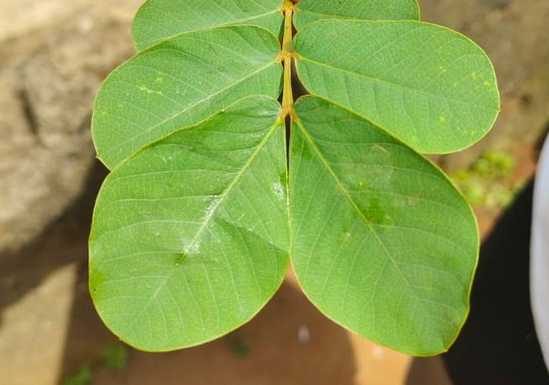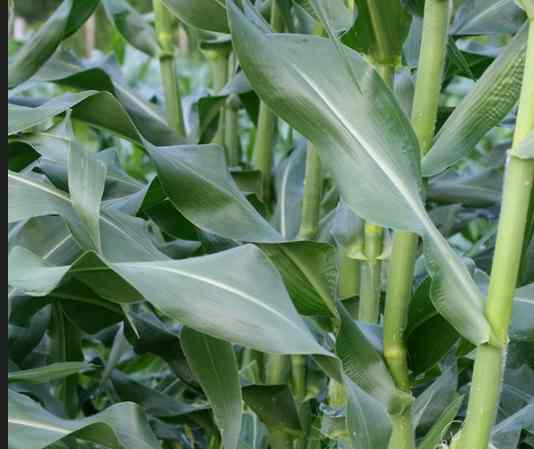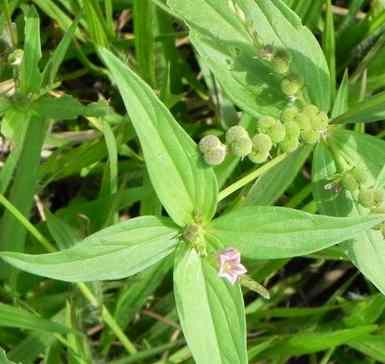
support@yorubalibrary.com
+2348073529208, 07038599574

Ewe Asunwon is a great medicinal plant in Yoruba herbal medicine, specially known for its effectiveness in treating skin conditions, blood impurities, and digestive problems. The name "Ewe Asunwon" refers to its notable role in treating eczema and other chronic skin diseases (ifo, kuruna, lapa-lapa, tonmona etc), making it one of the most popular grassroots herbs for natural dermatological care in Yoruba communities.
This plant grows abundantly in forest zones and along riverbanks in tropical West Africa. It thrives in humid environments and is often found in areas where traditional healers harvest leaves for daily herbal practice. Asunwon is a strong cleansing agent — not only for the blood and digestive system, but also in topical use for conditions like rashes, eczema, boils, and ringworm.
Traditional herbalists in Yoruba land frequently combine Asunwon with other purifying herbs to treat both internal and external diseases. It is typically used in teas, decoctions, or as a paste for topical application. Its bitter nature indicates its strong detoxifying power, and its long-standing use in traditional medicine.
Key Facts
Category: Leaf
Botanical Name: Cassia podocarpa
Common Name: Eczema Leaf
Yoruba name: Ewe Asunwon
Igbo Name: Nil
Hausa Name: Nil
Characteristics of Asunwon Leaf
• Growth Habit:
A fast-growing herb or small shrub, Asunwon is often found in open fields, farmlands, and riverine areas.
• Leaves:
The leaves are compound and arranged in pairs along the stems. They are flat, smooth, and light green with a bitter taste.
• Stems:
Long and thin with flexible branches; may be slightly woody at the base.
• Flowers:
Produces yellow flowers in clusters, typical of many Cassia species.
• Smell and Taste:
Slight herbal smell with a very bitter taste, indicating its strong cleansing effect.
Want to treat common ailments such as Malaria, Cough, Measles, Typhoid, Pile etc naturally without spending much? Grab a copy of Authentic Herbal Solutions: 15 Common Ailments & Their Natural Cures. A practical eBook recommended for everyone regardless of tribe, religion or association. Order below or Download sample here
AUTHENTIC HERBAL SOLUTION #4KOne Yoruba proverb says "Bí olóde ò kú, òde rè kì í wu Gbégi". Do you know that Gbégi is actually a leaf/plant? Get Yoruba Proverbs on Plants and Herbs, which is a collection of Untold Wisdoms Hidden in Leaf and plants comprising their Life Applications & Moral Teachings. Order below or download sample here
YORUBA PROVERBS ON PLANTS #4KTraditional and Medicinal Uses in Yoruba Land
1. Skin Disease Treatment
Fresh leaves are crushed and applied as a paste to treat eczema, ringworm, rashes, and boils. It dries up sores and helps heal persistent skin infections.
2. Blood Purification
Decoctions of Asunwon are taken to cleanse the blood and remove toxins. It is used in general detox therapy to improve skin clarity and internal wellness.
3. Stomach Cleansing
A mild infusion or tea made from the leaf helps relieve constipation, stomach pain, and bloating. It supports healthy digestion by flushing the gut.
4. Treatment for Malaria
Often used in herbal mixtures with other fever-fighting plants to treat malaria and reduce body heat.
5. Postnatal Cleansing
Women are sometimes given Asunwon to help flush out retained blood and waste after childbirth, promoting faster recovery.
6. Relief for Hemorrhoids
Applied topically or taken as a mild decoction to reduce the swelling and pain associated with piles or anal irritation.
7. Wound Care
Crushed leaves may be used on minor wounds and sores to prevent infection and aid faster healing.
Healing Properties of Asunwon
• Anti-fungal – Treats skin conditions like ringworm and fungal rashes
• Blood Purifier – Cleanses and detoxifies the blood system
• Laxative – Promotes bowel movement and relieves constipation
• Antiseptic – Prevents infection in wounds and skin eruptions
• Anti-inflammatory – Reduces swelling and irritation in skin and internal tissues
• Anti-malarial – Helps lower fever and fight malaria when combined with other herbs
Conclusion
Ewe Asunwon (Cassia podocarpa) remains a popular herbal solution in Yoruba traditional medicine, especially for skin-related and blood-cleansing treatments.
Have you heard of our Yoruba Herb Dictionary? This contains names of Yoruba Leaf, Roots, Barks, Characteristics, Properties & Identification with HD Pictures. Order below or download sample here
A-Z HERBS & LEAF DICTIONARY #4K
Know more about the Yoruba traditional uses and he…

Learn about Ewe Aran, a potent Yoruba medicinal le…